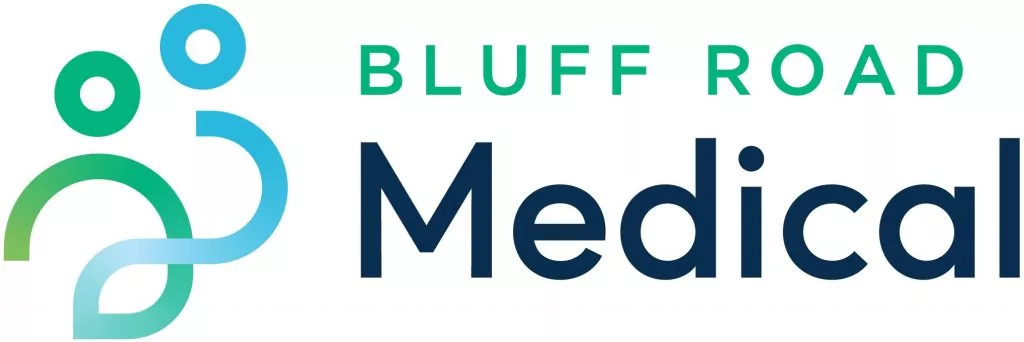It’s Bowel Cancer Awareness Month
Bowel Cancer Awareness
June is bowel cancer awareness month, an initiative of Bowel Cancer Australia to raise awareness about the disease. Bowel cancer is the third most common type of newly diagnosed cancer in Australia, affecting 1 in 13 people. The good news is about 90% of bowel cancer cases can be successfully treated when detected early. In this article, we explain the risk factors, symptoms and the importance of screening.
Bowel Cancer Risk Factors
According to Bowel Cancer Australia, there are certain risk factors that are within your control, and others you cannot change.
Modifiable risks include:
- Smoking
- Eating red meat (especially charred red meat)
- Eating processed meats (smoked, cured, salted or preserved)
- Consuming alcohol
- Being overweight or obese.
With healthy diet and lifestyle choices, you can help mitigate the above risks.
Non-modifiable risks:
- Age (risk increases from age 50)
- Family history (the more family members with bowel cancer, and the younger they were at diagnosis, the greater the chance of a family link)
- Hereditary conditions (5-6% of bowel cancers are caused by genetic mutations – more details are available here).
- People with certain conditions may be more susceptible to bowel cancer (for example type II diabetes, ovarian or digestive system cancers, and inflammatory bowel diseases such as Crohn’s and ulcerative colitis).
Bowel Cancer Symptoms
According to Bowel Cancer Australia, any of the following symptoms could indicate the presence of bowel or rectal cancer:
- Blood in the stool or rectal bleeding
- A recent, persistent change in bowel habit, especially if severe (including diarrhea or constipation)
- A change in the shape or appearance of bowel movements
- Abdominal pain or swelling
- Pain or a lump in the anus or rectum
- Unexplained anaemia
- A feeling that the bowel has not emptied completely after a bowel movement
The importance of screening
Under the National Bowel Cancer Screening Program, eligible Australians (without symptoms) between the ages of 50 and 74 can take a simple at-home screening test. This free test looks for traces of blood in your stool.
The test is relatively straightforward. You simply collect two stool samples on different days, then mail the samples to a pathology laboratory via a reply-paid envelope. The results are mailed to you in around two weeks. You can find more information about how to complete the test here: https://www.cancerscreening.gov.au/bowel.
If your test comes back positive and blood is detected in your sample, please book in with us and we’ll explain any further testing required. We may recommend you have a colonoscopy.
If you are ineligible for the government test, you can purchase a screening test from certain pharmacies. Alternatively, you may be able to access one from Bowel Cancer Australia (call 1800 555 494).
We are here to help
If you have any concerns about bowel cancer or would simply like to know more, please don’t hesitate to get in touch. As your general practitioner, we’ll provide expert medical advice and care. Please give us a call!
To find out more about bowel cancer awareness month or to get involved, head to: https://www.bowelcancerawarenessmonth.org/get-involved

